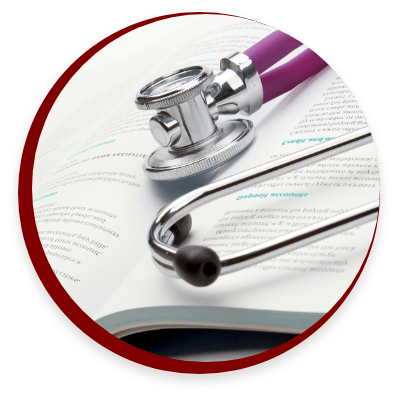Titles
All titles Clinical Sense Prognosis: Your Diagnosis Explain Medicine QBank PrepperLibrary
Core specialties Subspecialties Organ systems Cutting edge innovationsAbout Clinical Odyssey
Why trust us Pricing Subscribe For organizationsEditorial
Authors Peer reviewersMedical Joyworks, LLC
About Jobs ContactMedicine
Last updated on: February 3rd, 2021

Hi there!
You’re looking at a short reference article from Explain Medicine (one of four distinct learning formats available in Clinical Odyssey). Try it out, and have fun improving your clinical skills.
Obstructive sleep apnea
Clinicals - History
Daytime sleepiness
This is a common and important symptom, as untreated OSA can lead to accidents due to extreme daytime sleepiness.
This is due to the interrupted sleep patterns of these patients resulting in non-restorative sleep.
Loud snoring
Patients may be blissfully unaware of this important symptom; it often has to be elicited from their partner or family members.
This is due to the obstruction of airflow during sleep that is caused by the recurrent collapse of the velopharyngeal or oropharyngeal airway.
Apneic episodes during sleep
The patient's partners and family members may complain of cessation of breathing during sleep. This may trigger awakening with sudden gasping.
This too is because of airflow obstruction during sleep.
Male gender
Male gender increases the risk of OSA. The cause for this is not entirely clear but is thought to be due to anatomical reasons.
Morning headaches
Dull, holocephalic headaches on waking are a recognized symptom of OSA. The exact cause for this is unclear. Potential etiologies include night-time hypercapnia with vasodilation; an increase in intracranial pressure; and/or sleep disturbances.
Cognitive impairment
OSA can impact attention, memory, visuospatial function, and executive function. The exact cause for this is unclear.
Mood changes
There is an association between OSA and depression. The exact cause for this relationship is unclear, but is thought to be due to fragmented sleep.
Family history
There may be a genetic predisposition to OSA through inherited craniofacial structure abnormalities.
Want to continue reading?
- Enjoy unlimited access to 700+ learning modules.
- Safely improve your skills, anytime and anywhere.
- Get answers to your follow-up questions from practicing physicians.
